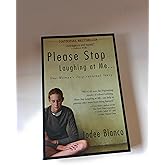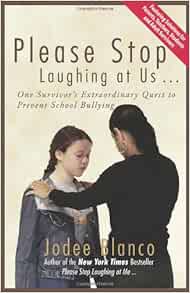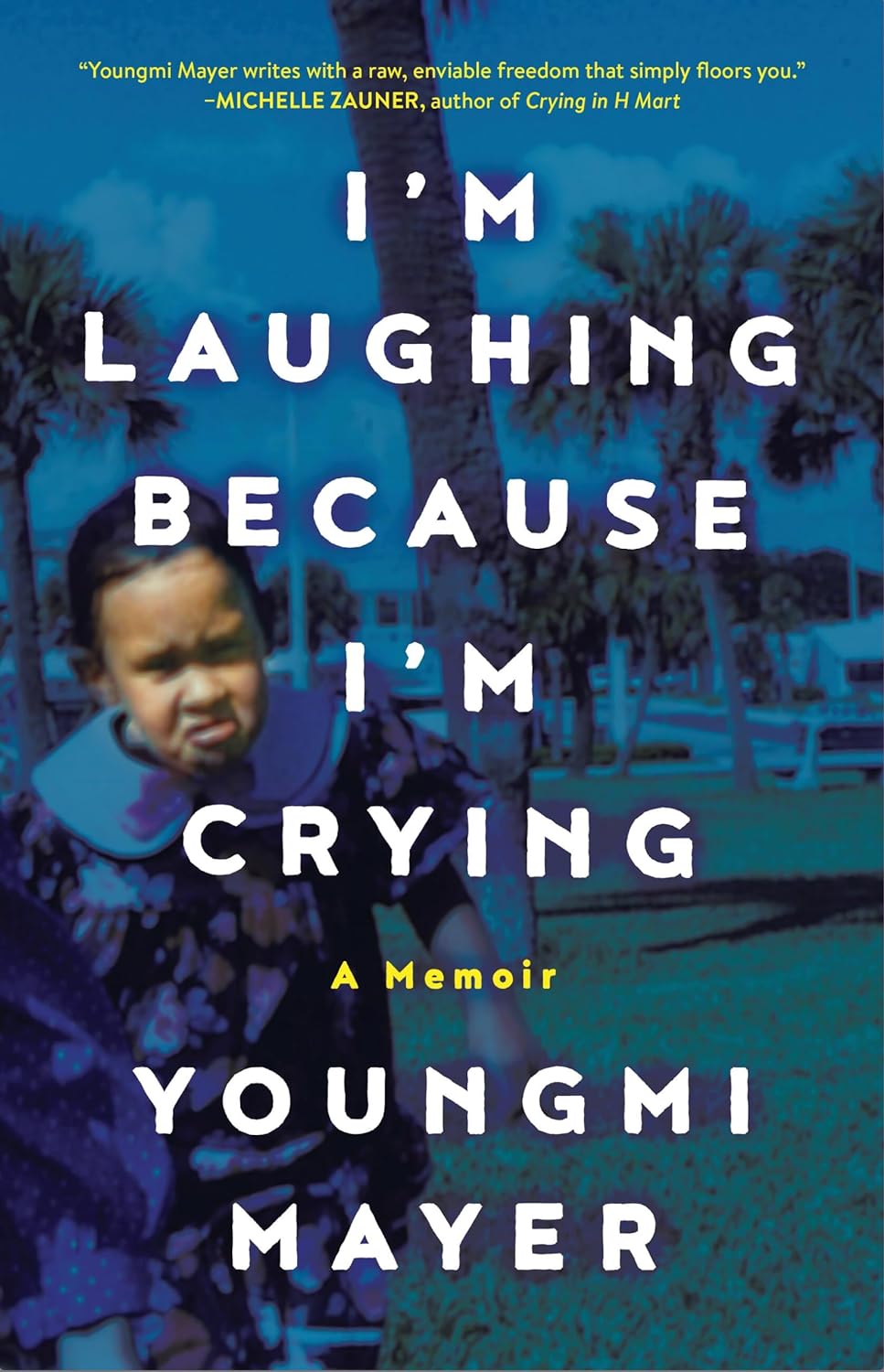The power of words can transform lives, ignite movements, and foster healing in ways that are often unimaginable. In a world where bullying and social isolation are rampant, the narrative of a personal struggle can serve as a beacon of hope and change. One such narrative is found in the influential memoir “Please Stop Laughing at Me” by Jodee Blanco. This book not only recounts Blanco’s painful experiences with bullying but also offers profound insights into the healing process and the potential for societal change. This article explores the themes of healing through words, the impact of Blanco’s story, and the broader implications for individuals and communities.
The Power of Personal Narrative
Personal narratives, especially those that delve into trauma and healing, have a unique ability to resonate with readers. They create a sense of empathy, allowing individuals to see reflections of their own experiences. Jodee Blanco’s “Please Stop Laughing at Me” is one such narrative that has sparked dialogues around bullying and mental health.
- Empathy and Understanding: Readers who relate to Blanco’s experiences often find validation in her story, fostering a sense of community and understanding.
- Awareness: The candid recounting of her experiences raises awareness about the long-term effects of bullying, prompting readers to confront these issues in their own lives.
- Inspiration for Change: Personal stories can motivate individuals to take action, whether by standing up against bullying or advocating for supportive environments in schools.
Jodee Blanco’s Journey
Blanco’s journey is a testament to resilience. Her memoir chronicles her experiences from elementary school through high school, detailing the relentless teasing, ostracism, and emotional pain she endured. The book serves not only as a recount of her suffering but also as a guide for others facing similar challenges.
Key elements of her story include:
- Isolation: Blanco describes moments of profound loneliness, illustrating the emotional toll that bullying can take on an individual.
- Resilience: Despite her experiences, Blanco demonstrates remarkable resilience, finding ways to cope and ultimately thrive.
- Advocacy: After overcoming her struggles, she became an advocate for anti-bullying initiatives, using her story to inspire change.
The Healing Process

Healing is a complex process that varies from person to person. For Blanco, sharing her story became a crucial part of her healing journey. Here are some ways in which her narrative promotes healing:
- Validation: By sharing her experiences, Blanco validates the feelings of others who have faced similar challenges, letting them know they are not alone.
- Empowerment: Her story empowers readers to take control of their narratives, encouraging them to speak out against their experiences.
- Community Building: The memoir has helped create a community of individuals who support one another, fostering healing through shared experiences.
Case Studies: Impact of “Please Stop Laughing at Me”

Numerous case studies highlight the impact that Blanco’s memoir has had on individuals and communities. Schools and organizations have adopted her message, leading to significant changes in how bullying is addressed.
1. School Programs

Many educational institutions have implemented anti-bullying programs that incorporate themes from Blanco’s book. For example:
- Workshops: Schools have organized workshops where students read excerpts from the book, followed by discussions on empathy and the importance of speaking up.
- Peer Support Groups: Some schools have established peer support groups inspired by Blanco’s message, creating safe spaces for students to share their experiences.
2. Community Initiatives

Communities have also taken action, inspired by the themes in Blanco’s memoir:
- Public Awareness Campaigns: Local organizations have launched campaigns to raise awareness about bullying and its effects, often using quotes and themes from the book.
- Counseling Resources: Increased funding for mental health resources has been a direct result of the conversations sparked by Blanco’s story, highlighting the need for support systems.
Statistics on Bullying and Mental Health

The statistics surrounding bullying and mental health underscore the necessity for change. According to the National Center for Educational Statistics:
- About 20% of students ages 12-18 experienced bullying nationwide.
- Victims of bullying are at increased risk for mental health issues, including depression, anxiety, and suicidal thoughts.
These statistics highlight the urgency of addressing bullying and the importance of narratives like Blanco’s that promote healing and change.
Inspiring Change Through Advocacy

Blanco’s advocacy work extends beyond her memoir. She actively engages with schools, offering insights and strategies to combat bullying. Her message emphasizes:
- Open Communication: Encouraging students and parents to communicate openly about bullying and its effects.
- Empathy Training: Implementing programs that focus on developing empathy among students to reduce bullying behavior.
- Resource Accessibility: Ensuring that mental health resources are easily accessible to students affected by bullying.
By advocating for these changes, Blanco and others like her are paving the way for a more compassionate and supportive society.
In conclusion, “Please Stop Laughing at Me” serves as a powerful testament to the healing potential of personal narrative. Jodee Blanco’s story not only sheds light on the pervasive issue of bullying but also inspires individuals and communities to take action. Through empathy, resilience, and advocacy, her memoir has sparked important conversations that are necessary for healing and change.
As we continue to explore the power of words, it is crucial to recognize their capacity to heal, inspire, and unite. By sharing our stories and supporting one another, we can create a world where laughter is a source of joy rather than pain, fostering an environment of acceptance and understanding for all.


